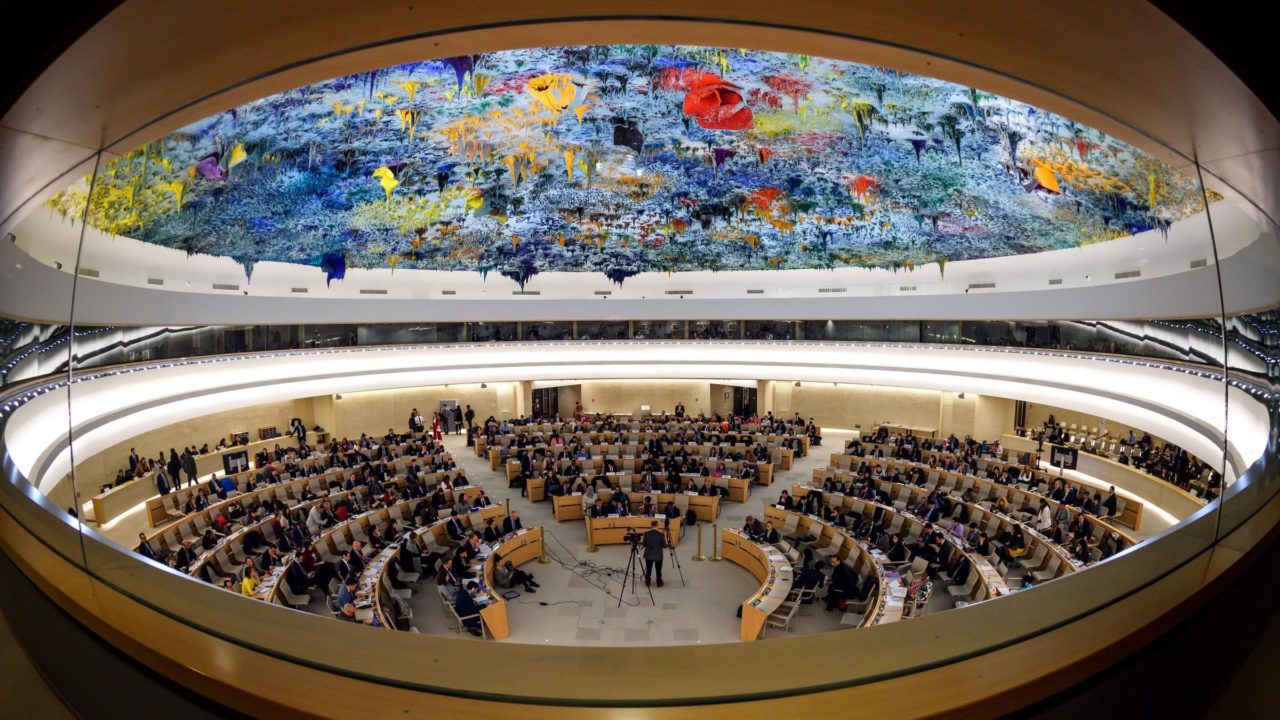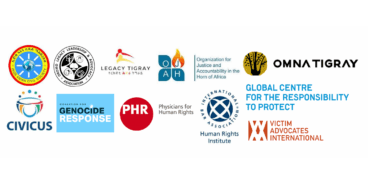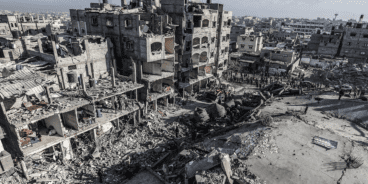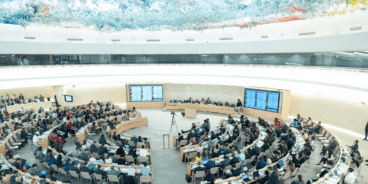
UN Human Rights Council Elections for 2019-2021 and the Responsibility to Protect
Today the UN General Assembly elected Argentina, Austria, Bahamas, Bahrain, Bangladesh, Bulgaria, Burkina Faso, Cameroon, Czech Republic, Denmark, Eritrea, Fiji, India, Italy, Philippines, Somalia, Togo and Uruguay to the Human Rights Council (HRC) for the 2019-2021 term. With the elections of Argentina, Bangladesh, Czech Republic, Denmark, Italy and Uruguay, 20 of the 47 Council members during 2019 are also members of the Group of Friends of the Responsibility to Protect in Geneva.
The Human Rights Council and its mechanisms – including the Universal Periodic Review (UPR), special procedures and treaty bodies, as well as the technical assistance provided by the Office of the High Commissioner for Human Rights – all play an essential role in providing early warning of the risk factors that can lead to crimes against humanity, ethnic cleansing, war crimes and genocide. A strong and credible HRC can help uphold the international community’s Responsibility to Protect. Mass atrocity crimes are often the culmination of sustained human rights violations and abuses.
Unfortunately, this year’s HRC election once again saw ‘clean slates’ in all of the regional groups. Clean slate elections threaten to undermine the credibility of the HRC as they do not encourage states to demonstrate their commitment to the highest standards of human rights, including their full cooperation with all UN mechanisms. These are conditions set forth in UN General Assembly Resolution 60/251 for all HRC members. Moreover, the fact that potential mass atrocity crimes are occurring in a number of current and newly elected HRC member states is particularly disturbing.
The Global Centre has compiled profiles on each of the newly-elected Human Rights Council members. These provide a basic overview of their commitment to prevent mass atrocities by protecting and promoting human rights.
Read Next
Related Publications

Ethiopia Should Not Be Elected to the UN Human Rights Council

